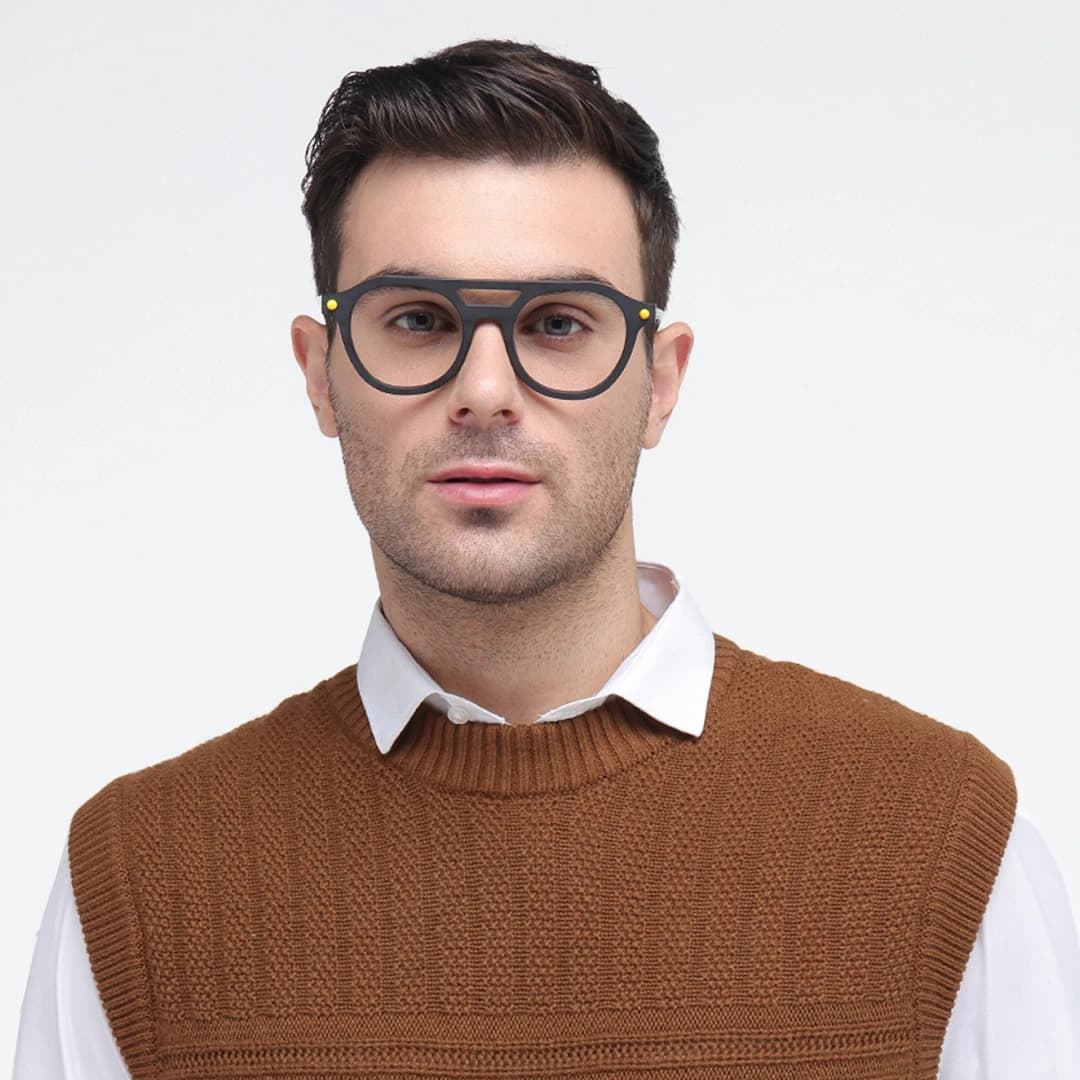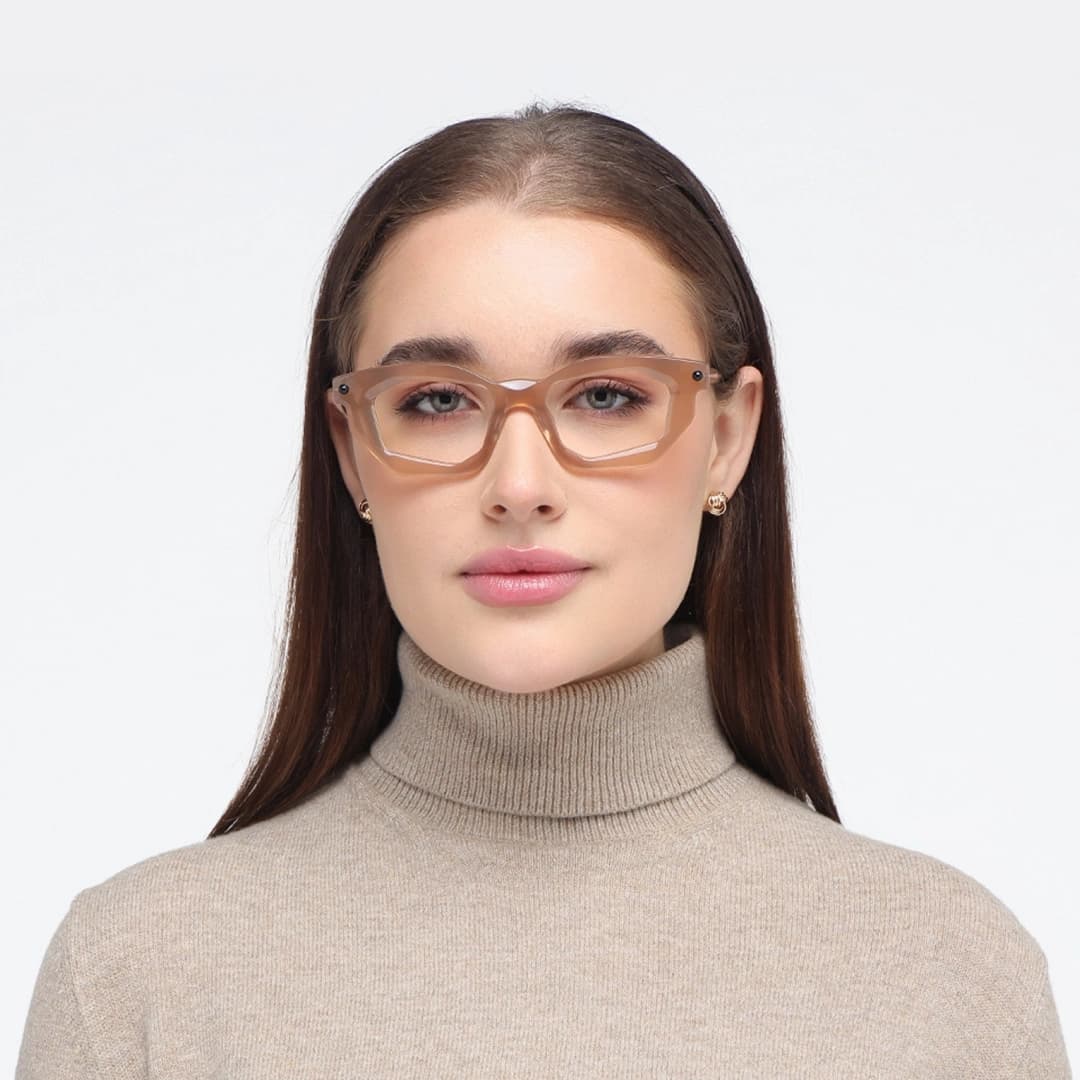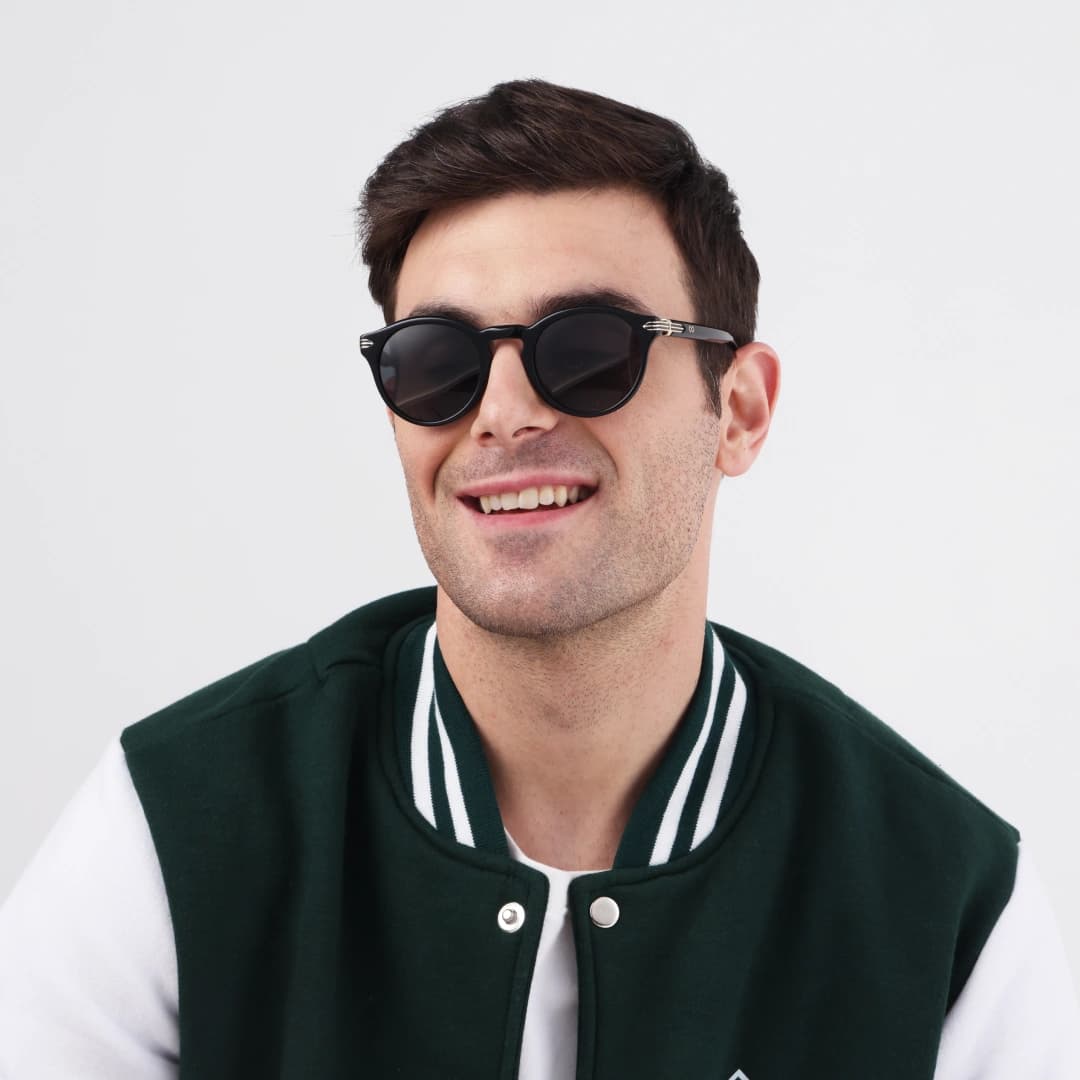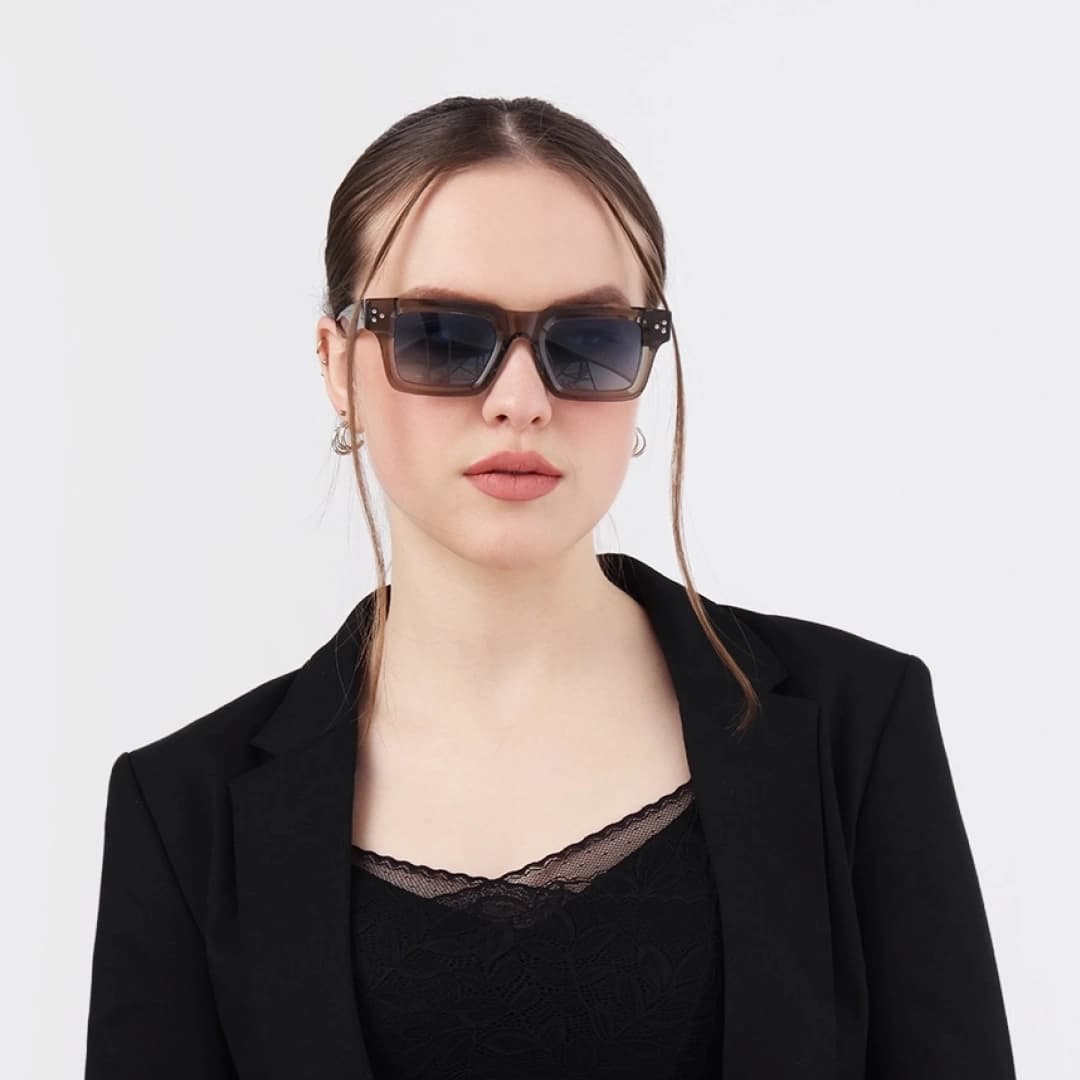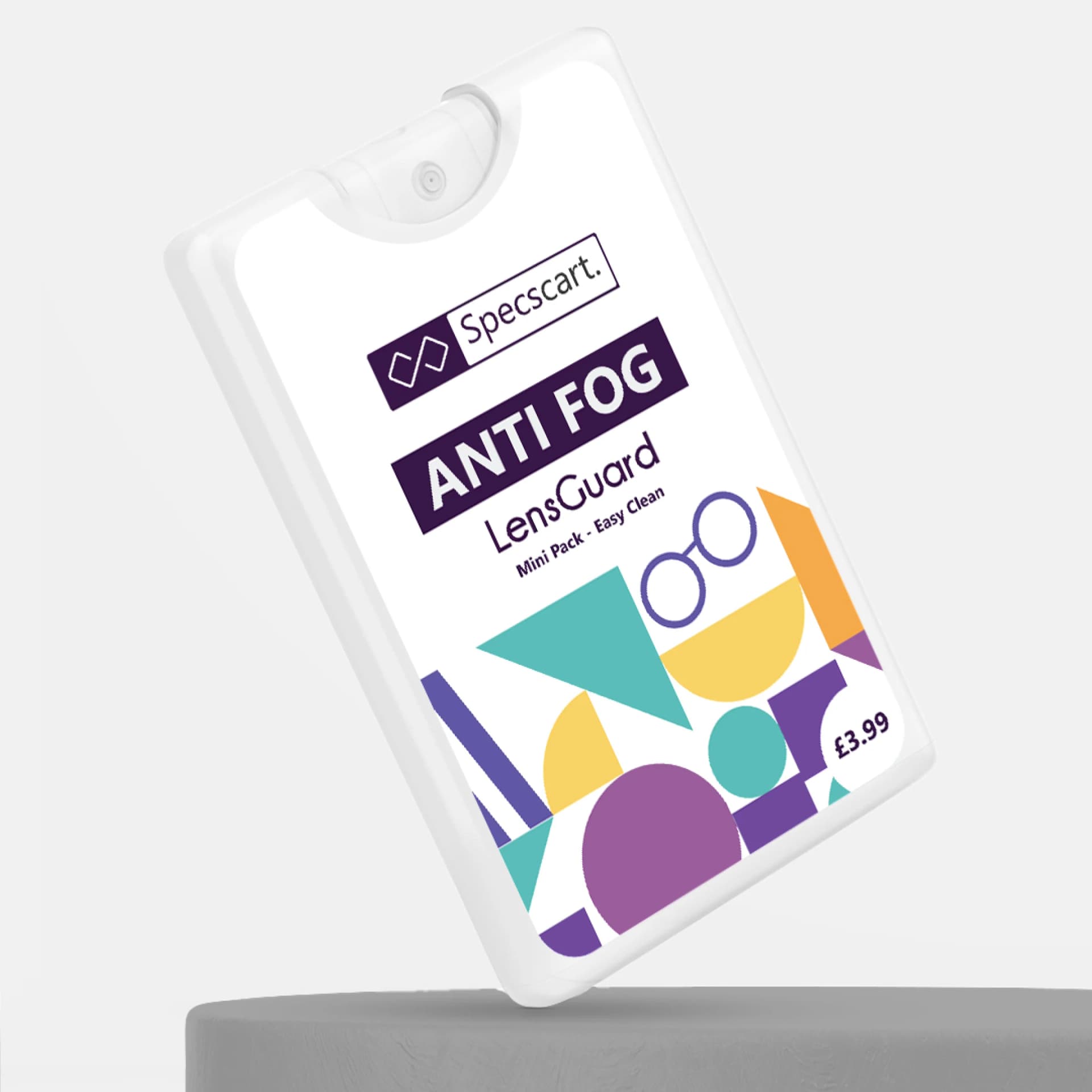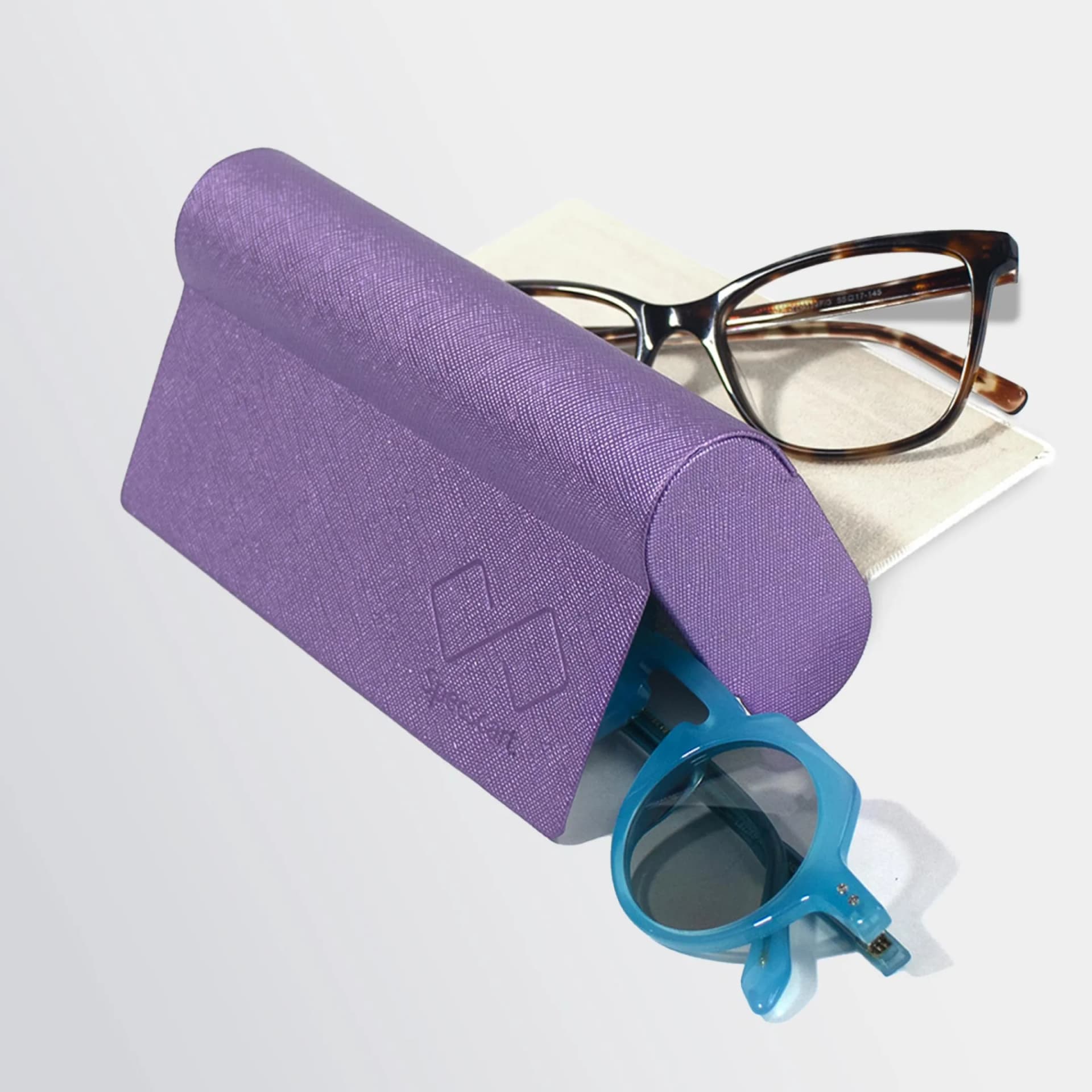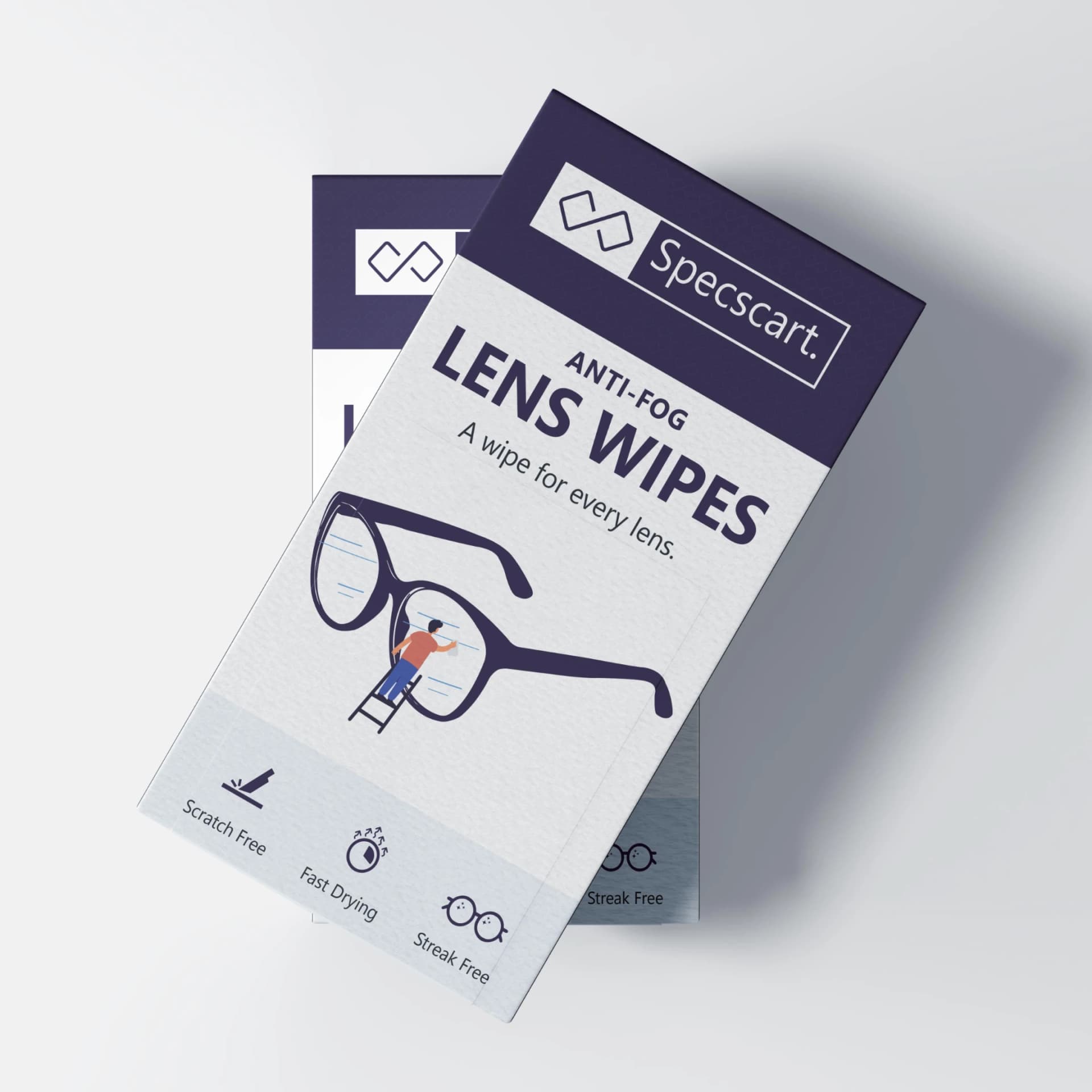
Cut the Glare With Polarised Sunglasses
Imagine you’re out in the sun, wearing your usual sunglasses for fishing and unable to see clearly under the water. It will probably be the worst fishing experience because you’ll have to face reflections on the water's surface. So, how can you prevent glare from reflective surfaces? With our explicitly designed polarised sunglasses, you can protect yourself from harmful UV rays. They help reduce the glare caused by reflective surfaces like water, snow, metal and glass.
Polarised lenses consist of a chemical that filters the horizontal light from directly entering the eye, allowing only the vertical light to pass through. So, as someone who spends a lot of time outdoors, these sunglasses can cut the harsh light and prevent glare. They can reduce eye strain while offering a soothing view with sharper contrast levels.
Finding the Right Sunglasses for Men & Women With Polarised Lenses
Perfect for boating, fishing or golfing, sunglasses with polarised lenses add extra charm and exude a sporty and confident look while performing these activities. As a golfer, wearing polarised shades can easily help you spot the golf balls. You could pair these sunglasses with smart polo T-shirts in shades of green, blue, black, or white. You could wear black sunglasses with brighter colours like peach, yellow, red, powder blue, and white. Whether you wear denim or summer-printed shirts, polarised sunglasses can make you look cool.
Women love to catch up with the latest trends in clothing and fashion accessories, and sunglasses are no exception. So, for those of you who are trying to upgrade your style with a new pair of sunglasses, there’s a lot to experiment with! You might explore the diverse options available in polarised lenses that come in various shapes, such as cat-eye, oversized, and classic pilot sunglasses.
When Should You Avoid Wearing Polarised Sunglasses?
You shouldn’t wear sunglasses with polarised lenses if you’re operating heavy machines, or if you need to access LCD screens. They are also not a great choice for skiing or driving during the night or in low-light situations.
Sports Polarised Sunglasses
Polarised sports sunglasses can be a game-changer, specifically for various activities like golf, fishing, running, cycling, hiking, or trekking. They cut glare from the surfaces and enhance colour contrast, offering a better visual definition. Polarised lenses also go well for snowy landscapes with enhanced clarity and help navigate the slopes bravely.However, they will not be a good choice for mountain biking, skydiving, indoor sports, or night sports like night cycling, as low-light conditions would lead to poor vision with polarised lenses
How Does Specscart Cater to Your Eyewear Needs?
We offer high-quality eyewear at an unbeatable price range with 2000+ designs and patterns to choose from. You can grab celeb-inspired, trendy, and fashion-forward sunglasses at 70% lower prices than other high-street opticians. Whether you have product queries or issues, you can talk to our friendly customer support team. With every order, you will receive a premium vegan leather case, a designer microfibre cleaning cloth, a cleaning solution, and a keychain screwdriver.
There are various other styles that you can check over our website, whether you are looking for ladies sunglasses or you are here to buy sunglasses for men .
FAQs About Polarised Sunglasses
Are polarised sunglasses worth it?
Yes, they reduce glare, enhance clarity, and improve visual comfort, especially around bright and reflective surfaces.
How do polarised sunglasses work?
They use a special filter that blocks horizontal light waves, cutting glare from surfaces like roads, water, or snow.
How do you tell if your sunglasses are polarised?
Look through them at a reflective surface or LCD screen if the glare dims or patterns shift as you tilt, they’re polarised.
Is 100% UV protection the same as polarised?
No, UV protection shields your eyes from harmful rays, while polarisation reduces glare. Both together offer complete protection.






































































